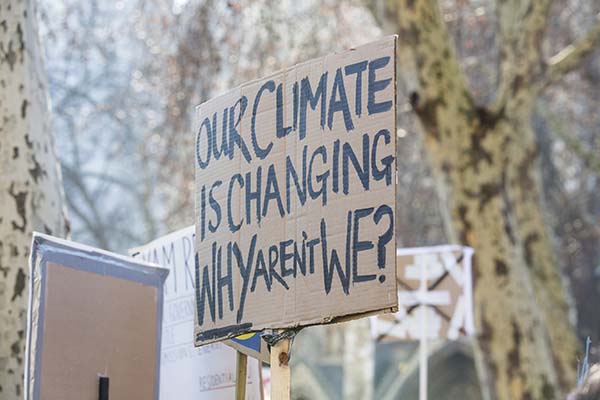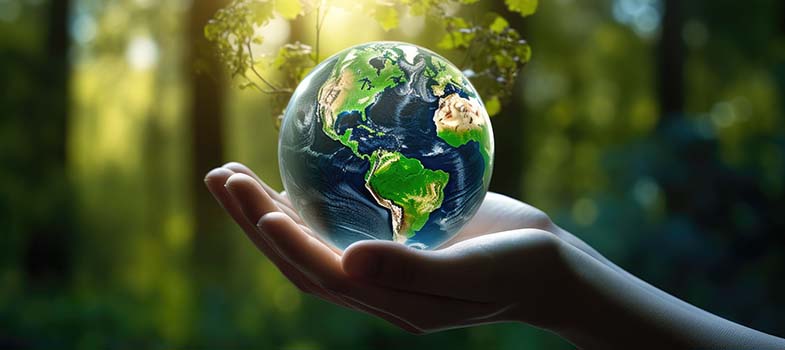Unit 6: Learning in transition − perspectives and practices
Introduction

Welcome to Unit 6 of Sustainable pedagogies.
At this moment in time, there is globally agreed scientific data on the impacts of human-induced planetary warming. There are also lived experiences of a changing climate and widespread environmental degradation. Our climate is changing but actual societal changes are not keeping pace. What is lacking is a sufficient urgency to respond to the certainty of the consequences of climate change. Indeed, the urgent need for change is ultimately about human survival. Over vast geological timespans the climate has warmed and cooled and extinctions have occurred along the way. Climate change at the rate it is occurring today affects the immediate environment that allows humans to flourish. However, human flourishing has both historically impacted and is presently impacting, the survival of many other species and ecosystems. As the impacts of change become more obviously related to human behaviour, goals and actions to mitigate damage and adapt to change are beginning to emerge.
Empowering learners to develop new understanding, skills and practices is foundational to an effective transition from a society dependent on fossil fuels to one based on renewable energy and regenerative resources. In this sustainable transition, eco-literacy is as critical a literacy as numeracy and traditional literacy have always been. Understanding our place in nature and natural systems is fundamental to developing a society that can care for and protect, the Earth and its diversity.
Goleman et al. (2012) suggest that ecological intelligence is inherently collective and cannot be built in isolation. Rather it is constructed because of a shared understanding and shared actions that support networks of relationships where ecological sensibility can be built. This presents opportunities for existing collectives to create new spaces for learning and practice towards a sustainable transition – whether they be formal learning places in the form of schools or colleges or informal learning environments such as workplaces and communities. Transition demands interventions in existing systems to facilitate change.
Next go to Unit 6 learning outcomes [Tip: hold Ctrl and click a link to open it in a new tab. (Hide tip)] .
